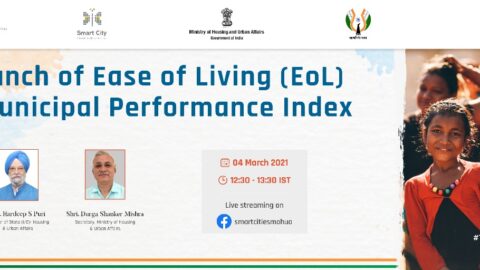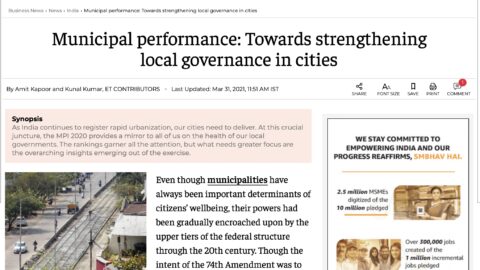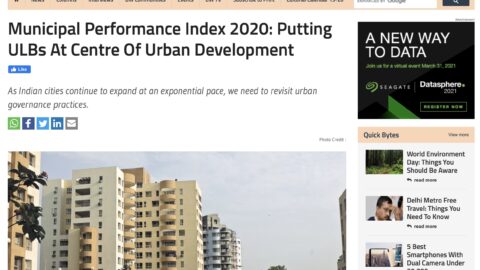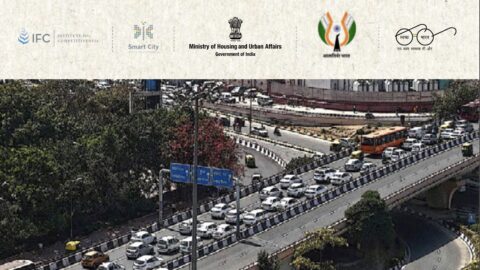Mission Director, Smart Cities Mission, Ministry of Housing and Urban Affairs
Over the last few years, the Government of India and the Ministry of Housing and Urban Affairs have led several efforts to improve conditions and provide a better quality of life for its people. These efforts have materialised through various schemes and programmes in sectors such as health, education, livelihoods, and infrastructure. With cities as the engines of growth, the Ministry of Housing and Urban Affairs has undertaken several initiatives thatincludethe Swachh Bharat Mission (SBM-U), Pradhan Mantri Awas Yojana (PMAY-U), Deen Dayal Antyodaya Yojana-National Urban Livelihood Mission (DAYNULM), Atal Mission for Rejuvenation and Urban Transformation (AMRUT), Smart Cities Mission (SCM), HRIDAY and others.
The programmes also align with India’s commitment to Agenda 2030 and Sustainable Development Goals. Achieving the SDG targets at the city level will be paramount in fulfilling India’s targets. It goes without saying that local governments will play a central role in this endeavour since they are the critical units of governance.
Focusing on urban development has become critical, and it has made the role of local governance even more indispensable than ever before. The 74th Amendment Act, 1992 grants urban local bodies the status of the third-tier government, relegating specific functions to them. Various functions under the 12th Schedule still do not lie under the purview of the ULBs because of municipal law in practice in the state. It, therefore, becomes critical to decoding the role, responsibilities, and extent of power that the local municipal bodies wield.
The key enablers that influence the performance of urban local bodies can be broadly classified into five verticals- Services, Finance, Planning, Technology, and Governance. These are the pillars based on which we have framed the Municipal Performance Index. The index aims to cultivate informed policy decisions based on performance evaluation of municipalities, which would, in turn, accelerates successful development outcomes, especially pertaining to the Sustainable Development Goals.
Basically, the framework developed for the Municipal Performance Index examines enablers that impact municipal bodies’ functioning in service delivery, financial management, efficiency of planning,the adaption of technology and governance practices.
Learnings from the index will facilitate development by guiding evidence-based policymaking decisions at the local leveland putting the well-being of key stakeholders,i.e., citizens, at the forefront. Through this index, citizens can obtain a clarified understanding of their local administration and reduceany obscurities that may exist.
























